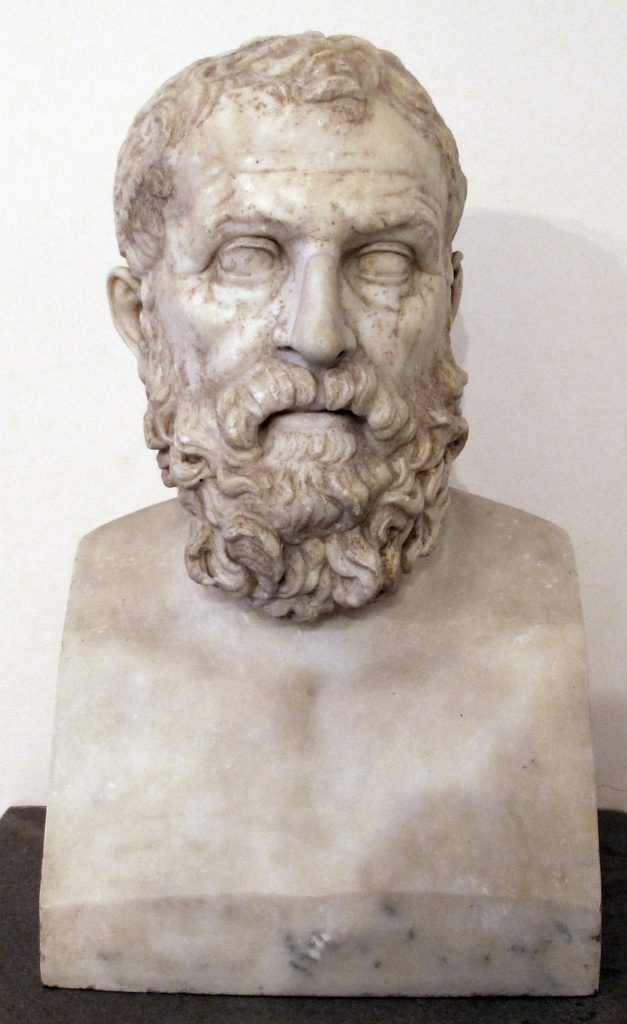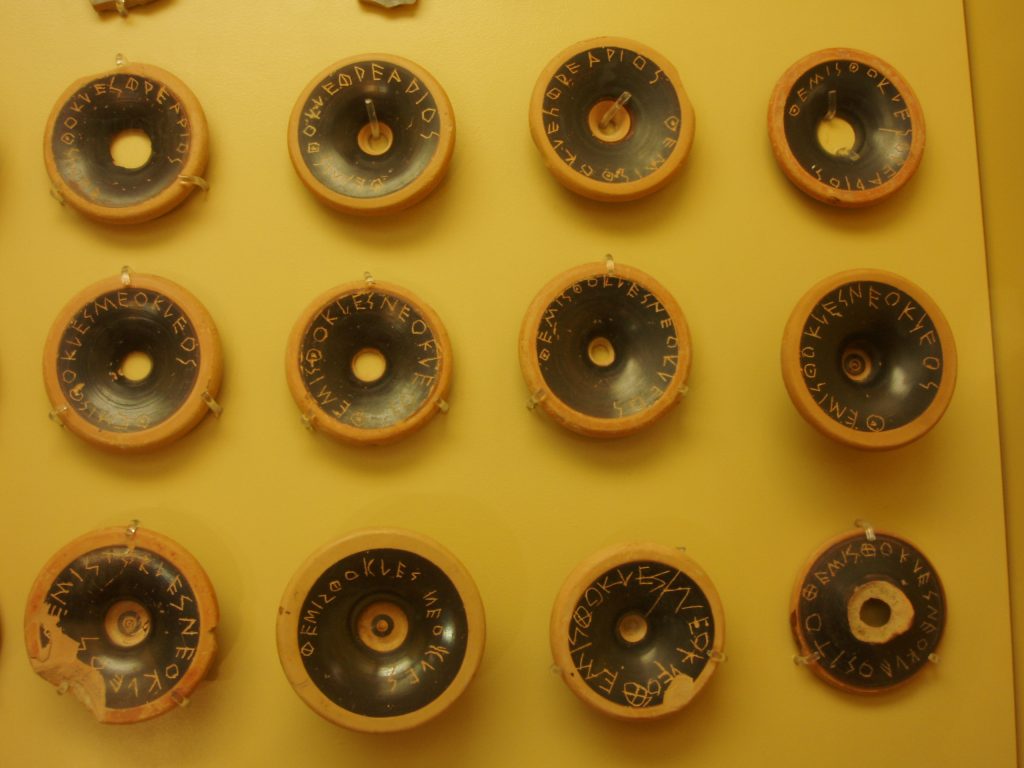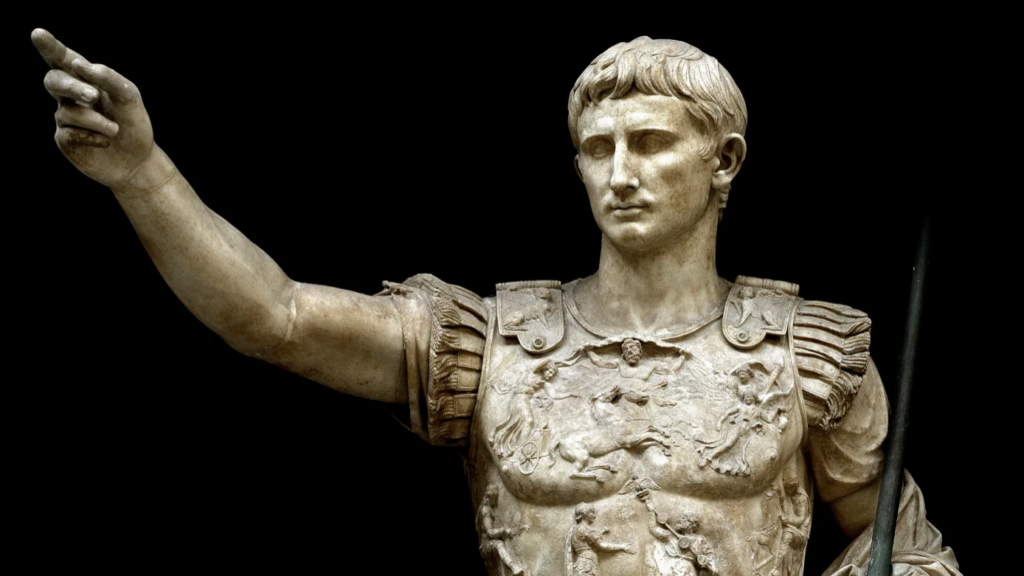Written by Ed Whalen, Contributing Writer, Classical Wisdom
Like so much else in the modern world, voting was invented by the Classical World. The complex system of elections that we see today in America and other nations was first developed in Greece and Rome. However, voting in the Graeco-Roman World was often very different from today.
Tribal origins of voting
Many early tribal societies were democratic in that they elected their kings or leaders. Many even elected a council of elders. There is a long history of elections and democracy in so-called primitive societies. Many early Greek societies had a tradition of voting. This is most apparent in the first recorded use of voting, which took place in Sparta. This involved the election of the ephors.
Ancient Greece and voting
Under the Spartan Constitution, which was written by the mythological Lygurgas, enshrined a system of voting. There is also some evidence that leagues of city-states would often vote as part of their decision-making process.
In Athens, Solon introduced a new constitution in 574 BC that allowed members of the upper classes to vote. It was only with the reforms of Cleisthenes, that the suffrage was extended more widely. By the 5th century BC, most male Athenians could vote. Indeed, they could also vote on issues such as going to war and the election of generals.
Moreover, Athenians could even vote in criminal trials and one infamous trial, they condemned Socrates to death. Voting was also central to the ostracizing of people who were deemed a threat to the state. For instance, the Athenians voted to exile Themistocles, hero of the Battle of Salmis. The electors would write the name of the person they wanted to exile on a shared of pottery known as an ostracon.
All voting was in public and there was no secret ballot. It should be remembered that immigrants, women, and the many slaves could not vote. Athenian democracy has been categorized as a form of radical democracy.
In Athens many offices were decided by lottery because over time the voting process was corrupted. Many other Greek states emulated the democracy of Greece and soon voting was very common. It even continued when the city-states came under the domination of the Macedonian dynasties.
The Greek city-states continued to elect magistrates even once their democratic constitutions had been limited. The right to vote was one of the distinctions of the elite and was an important privilege. All through the Roman period, municipal voting took place in the Greek world and only really ended with the rise of the Byzantine Empire.
Voting in the Roman Word
Rome was originally a monarchy and after expelling its last king, the Romans developed a unique form of democracy. The Senate was an assembly of legislators and policymakers who were elected indirectly.
However, over time the Romans developed a series of legislatures and assemblies in which citizens could vote directly. Roman citizens voted for nearly all their officials including the consuls. The Senatorial elite was able to manipulate this to ensure that their interests were safeguarded.
Roman voting often took place within tribes. The lower class, or plebians, could vote in certain assemblies and this gave them some say in the affairs of the state. However, most people could not vote due to rules on property. Rome developed a very complex voting system, and it was both a direct and an indirect form of democracy. They also were the first to introduce the secret ballot, now considered essential to free and fair elections.
Roman elections were also often brutal and bloody. From about 200 BC, Roman elections were marred by political violence. Gang leaders linked to politicians would intimidate voters and they often turned Rome into a battleground. There were very few safeguards and there was a great deal of vote-buying.
It was only with the rise of Augustus that Roman elections became less bloody. Elections continued, and so too did voting in Rome. The Senate would hold regular votes but much of it was only symbolic and only rubber-stamping the edicts of the Emperors.
However, at a municipal level, many members of the elite fought bitter elections for municipal positions, which still had real powers. Romanization meant that voting became more common throughout the Empire and many municipalities had a great deal of autonomy. Even so, only the elite could vote.
The legacy of Rome and Greece voting
After the Fall of the Western Roman Empire, the Classical World went into decline. Voting became very rare. The Byzantine Senate that was the successor of the Roman Senate continued to vote until the 9th century AD.
However, the tradition of voting continued to Medieval Europe, especially in urban centers. This was in part influenced by Greek and Roman examples. During the Renaissance, the Graeco-Roman World was widely studied, and its systems of voting inspired many to establish more democratic forms of government.
This was enormously influential in the development of modern democracies. For example, the Roman and Greek voting systems were studied by the American and French Revolutionaries when they were drafting their democratic constitutions.













One comment
It seems we haven’t learn much about violence and intimidation in elections. We still have a ways to go.
Our apologies, you must be logged in to post a comment.